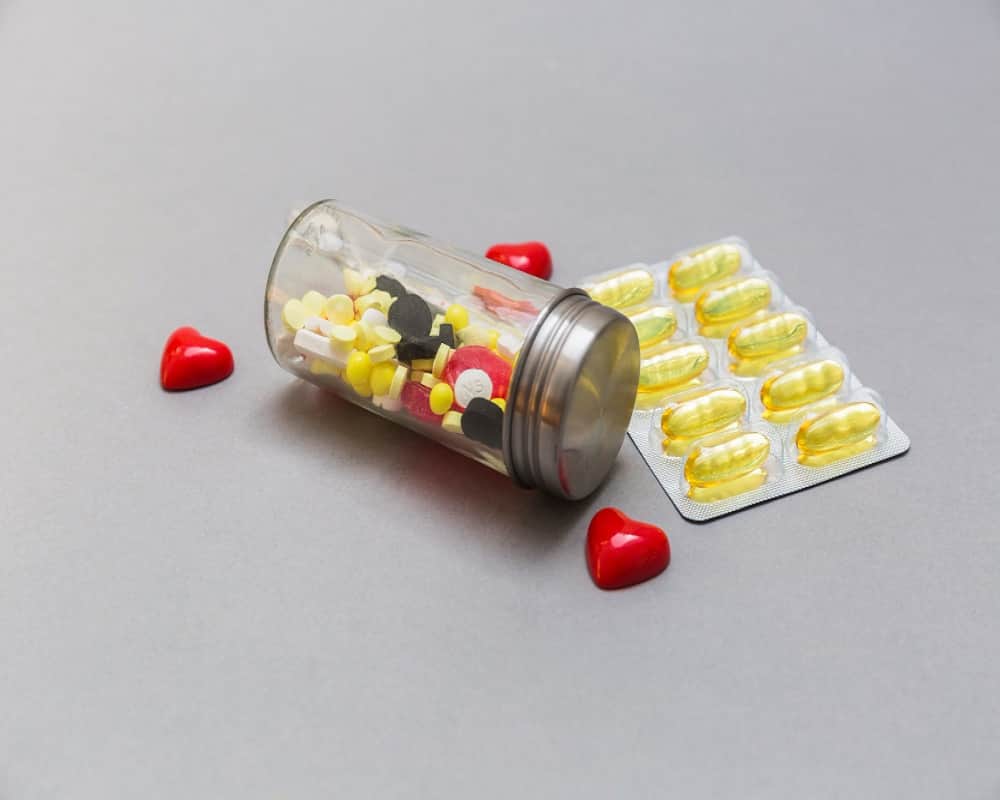Maintaining a strong immune system is vital for staying healthy and fighting off infections. One of the most effective ways to enhance your body’s natural defense is by ensuring you get the right nutrients. Among these, vitamins play a key role in strengthening immunity. In this article, we’ll explore the 5 vitamins that are best for boosting your immunity, how they work, and where you can find them.
Why Are These 5 Vitamins Important for Immunity?
Vitamins are vital micronutrients that support immune response regulation and other body processes. They support the production of white blood cells, help in the formation of antibodies, and protect cells from damage. Without adequate vitamin intake, the immune system may become weak and leave the body vulnerable to infections and diseases.
1. Vitamin C – The Ultimate Immune Booster
Vitamin C is often the first vitamin that comes to mind when we think of immunity – and for good reason. It is a potent antioxidant that promotes the development of white blood cells and shields immune cells from oxidative damage.
Sources:
- Oranges, lemons, and other citrus fruits
- Strawberries, kiwi, papaya
- Bell peppers, broccoli, spinach
Recommended Daily Intake:
- Adults: 65–90 mg/day
- Can be higher during cold or flu recovery
2. Vitamin D – The Sunshine Vitamin
Vitamin D is essential for activating immune defenses. It helps in the production of antimicrobial proteins and supports T-cell function, which is critical in identifying and fighting pathogens.
Sources:
- Sunlight exposure (10–30 minutes daily)
- Fatty fish like salmon and mackerel
- Fortified dairy products and egg yolks
Recommended Daily Intake:
- Adults: 600–800 IU/day
- Deficiency may require supplements
3. Vitamin A – Immunity and Mucosal Barrier Support
Vitamin A helps maintain the health of the skin and mucous membranes — the body’s first line of defense. It also supports the development and regulation of the immune system, especially the function of T-cells.
Sources:
- Carrots, sweet potatoes, and pumpkin
- Dark leafy greens like kale and spinach
- Liver and dairy products
Recommended Daily Intake:
- Adults: 700–900 mcg/day
4. Vitamin E – Antioxidant Protection
Vitamin E is a potent antioxidant that helps protect immune cells from damage. It also enhances the activity of T-cells and improves immune response in the elderly.
Sources:
- Almonds, sunflower seeds, and hazelnuts
- Spinach and broccoli
- Vegetable oils like sunflower and safflower oil
Recommended Daily Intake:
- Adults: 15 mg/day
5. Vitamin B6 – Supports Biochemical Reactions
The immune system’s biochemical responses depend heavily on vitamin B6. It helps in the production of white blood cells and cytokines — molecules that regulate immunity.
Sources:
- Chicken, turkey, and fish
- Bananas and avocados
- Fortified cereals and legumes
Recommended Daily Intake:
- Adults: 1.3–2.0 mg/day
How to Get These Vitamins Naturally?
While supplements are available, it’s always best to get your vitamins through a balanced diet rich in fruits, vegetables, whole grains, lean protein, and healthy fats. A meal high in nutrients is frequently indicated by a colorful plate.
Can You Take Too Many Vitamins?
Yes. While vitamins are essential, excessive intake (especially from supplements) can lead to toxicity. For instance, excessive levels of vitamin A or D might lead to health problems. Always get medical advice before beginning a new supplement regimen.
FAQs: Boosting Immunity with Vitamins
Q1: Can I get all these vitamins from food alone?
Yes, with a well-balanced and diverse diet, you can meet your vitamin needs naturally. However, people with certain health conditions or dietary restrictions may require supplements.
Q2: Which vitamin should I take during flu season?
Vitamin C and D are particularly helpful during flu season due to their antiviral and immune-modulating properties.
Q3: Are multivitamins a good option?
Multivitamins can be beneficial if your diet lacks variety, but they should not replace whole foods. Choose reputable brands and consult your doctor.
Q4: Is it safe to take vitamin supplements daily?
In most cases, yes, especially if taken at recommended levels. Avoid megadoses unless directed by a healthcare provider.
Q5: How quickly do vitamins start boosting immunity?
Vitamins support long-term immune health. They don’t work instantly but help build and maintain a strong immune system over time.
Conclusion
Boosting your immune system starts with the right nutrition. The 5 vitamins that are best for boosting your immunity — Vitamin C, D, A, E, and B6 — play a powerful role in protecting your body from illness and enhancing your overall well-being. Whether you get them through food or supplements, maintaining optimal levels of these vitamins is a proactive step toward a healthier you.
